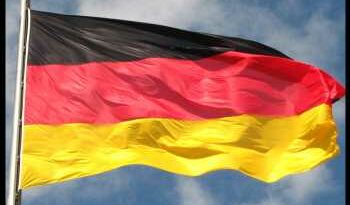Swiss Consumer Price Inflation Exceeds Expectations
After showing signs of slowdown, Switzerland’s consumer price inflation accelerated again at the start of the year, largely reflecting higher food and energy prices, figures from the Federal Statistical Office showed on Monday.
Consumer prices rose 3.3 percent on a yearly basis in January after the 2.8 percent increase in December. The rate also far exceeded economists’ forecast of 2.9 percent. This was the highest since August 2022.
Core inflation that excludes fresh food, energy and fuel, remained unchanged at 2.2 percent.
The annual increase in inflation was largely driven by the 5.6 percent rise in food and non-alcoholic beverages prices. Housing and energy prices moved up 5.1 percent and transport cost climbed 4.7 percent.
On a monthly basis, consumer prices gained 0.6 percent, in contrast to the 0.2 percent fall in the previous month. Economists had forecast prices to gain 0.4 percent.
Capital Economics’ economist Adrian Prettejohn said the rise in headline inflation will be of less concern to the central bank policymakers than the increase in the core rate to its highest level on record.
However, the economist said the latest increases do not suggest a start of a new trend and both headline and core rates are set to fall steadily over the coming months to below 2 percent by the end of the year.
Data showed that the Swiss harmonized index of consumer prices gained 0.7 percent from the previous month and by 3.2 percent compared with the same month the previous year.
The Swiss National Bank has raised its interest rates over the last three consecutive meetings to counter rising inflationary pressures.
The SNB forecast inflation to slow to 2.4 percent this year and to 1.8 percent in 2024. The economy is projected to grow around 0.5 percent in 2023 amid weak global demand.
Source: Read Full Article


